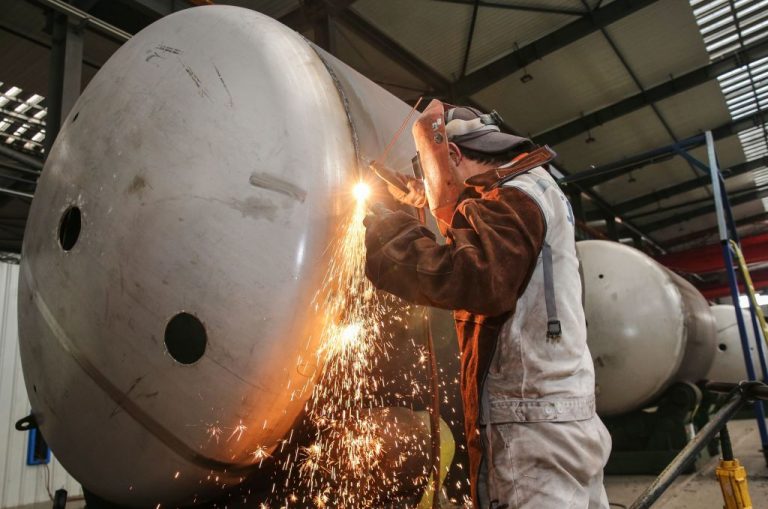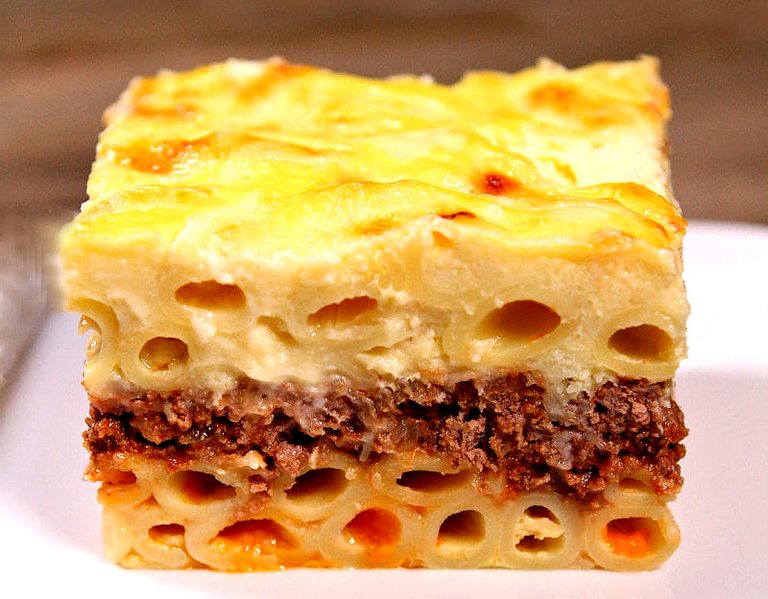The Chinese Communist Party has ordered state-owned oil and gas companies to stop selling liquified natural gas to Europe in order to ensure China has enough domestic supply to make it through winter.
Bloomberg reported on Oct. 17 based on information from “people with knowledge of the matter who asked not to be named as the information isn’t public” that PetroChina, Sinopec, and CNOOC were ordered by the Party’s command economy planner, the National Development and Reform Commission, to cut supply.
Neither the Commission nor the trio of firms responded to a request for comment.
Bloomberg’s sources told the outlet that the move was somewhat ceremonial, as Europe’s high inventory coupled with exceptional shipping costs had already waned demand.
The outlet further stated that China was the world’s largest importer of LNG last year, overtaking Japan for the first time, yet, for reasons undisclosed, may actually post a net drop in consumption in 2022.
Success
You are now signed up for our newsletter
Success
Check your email to complete sign up
In September, Vision Times reported that the energy crisis in Europe had created an opportunity for traders with large enough pockets to afford to charter ships to transport American LNG across the ocean, netting as much as $133 million per transaction.
The opportunity was so lucrative that it led to a total exhaustion of the entire globe’s supply of ships capable of transporting LNG overseas.
Yet as countries have filled their reserves with winter looming, the price of Europe’s parabolic market has retreated by as much as 60 percent, Bloomberg stated.
August reporting by Financial Times stated that as early as August, Europe had imported so much LNG that it had already surpassed China and Japan.
FT warned that transacting with the Party would have geopolitical consequences down the road, “As soon as economic activity bounces back in the communist nation, the situation will quickly reverse. It also makes Europe dependent on Beijing for its energy, which bucks the geopolitical trend whereby the US and its allies are seeking to defend a liberal international order.”
Meanwhile in North America, Henry Hub Natural Gas Futures opened Sunday, Oct. 16 at a 3-month gap down low of $6.263. Prices tumbled further during Oct. 17 and 18 trading to a low of $5.881
North American natural gas is down from a peak of $10.028 posted on Aug. 23, the highest prices printed since July of 2008.
So much LNG has flooded the European market in response to the arbitrage opportunity that, “Some suppliers consider rerouting shipments back to Asia where rates are more attractive,” Bloomberg stated.
In coverage of the matter, Russia Today analyzed that, “Domestic demand for energy had been falling in China in recent months,” which is what led China to export its energy supplies in the first place to countries that also included Japan and South Korea.
Business Insider attributed the surplus in demand to a byproduct of economic slowdown caused by the Party’s notoriously draconian “Zero-COVID” debacle.
BI estimated that Chinese exports had a meaningful impact on Europe’s rush to fill its tanks ahead of winter after cutting off friendly relations with its main supplier, Russia, as the continent imported 4 million tonnes, amounting to 7% of its first half of 2022 imports, from the Party.
The publication passively suggested that perhaps the LNG exported from China to Europe nonetheless was Russia’s in the first place, after all.
The article linked to a September piece it wrote noting that China was scoring Russian LNG at as much as a 50 percent discount as the Putin Administration sought to offload supplies in a climate of global sanctions.







